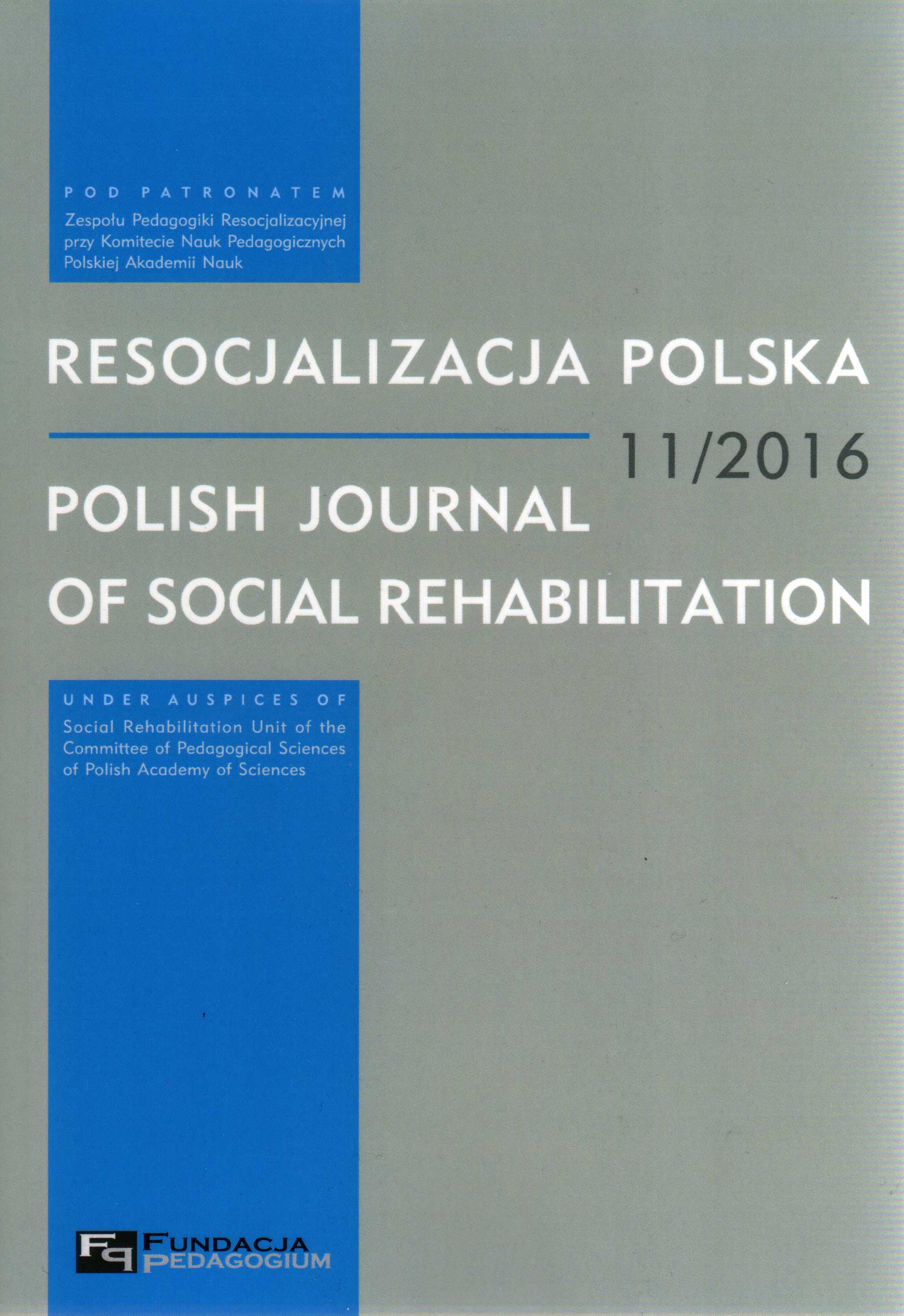Differentiable Attitudes Towards Specific Crimes and Contexts: A Quantification of Neutralization Techniques
Differentiable Attitudes Towards Specific Crimes and Contexts: A Quantification of Neutralization Techniques
Author(s): Małgorzata J. Zuber, Edward W. GreenbergSubject(s): Social Sciences, Sociology, Criminology
Published by: Fundacja Pedagogium
Keywords: neutralizacja; usprawiedliwienie; porównawcze; międzynarodowe; przestępstwo
Summary/Abstract: The neutralization theory of Sykes and Matza (1957) posits that delinquent individuals attempt to continually reintegrate with society by mentally asserting that their deviant behavior is actually normative, via an excuse. Sykes and Matza gave five excuses, or techniques of neutralization: denial of responsibility, denial of injury, denial of the victim, condemnation of condemners, and appeal to higher loyalties. Sykes and Matza were primarily concerned with the general concept of neutralization, rather than trying to understand the specific utilities of the different technique categories they labeled. The goal of this work is to determine which techniques may be most common, and under what circumstances (what crimes or deviant behaviors) neutralizations may be most effective. Using a factorial vignette survey design with a multinational sample of college students from Poland and the United States, we find neutralization utility varies by technique and circumstance, and the denial of responsibility technique is especially potent.
Journal: Resocjalizacja Polska
- Issue Year: 11/2016
- Issue No: 1
- Page Range: 155-172
- Page Count: 18
- Language: English

